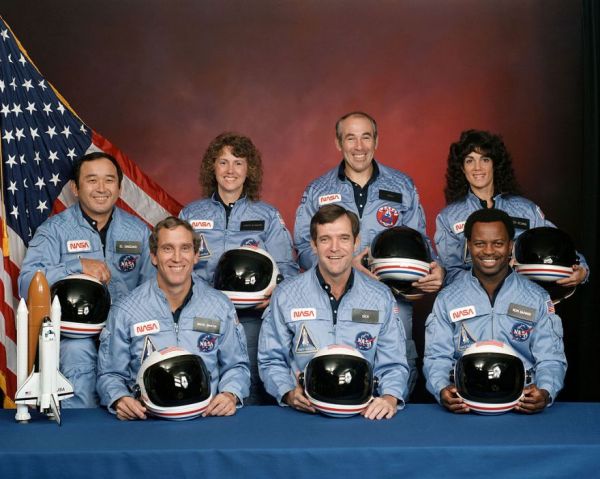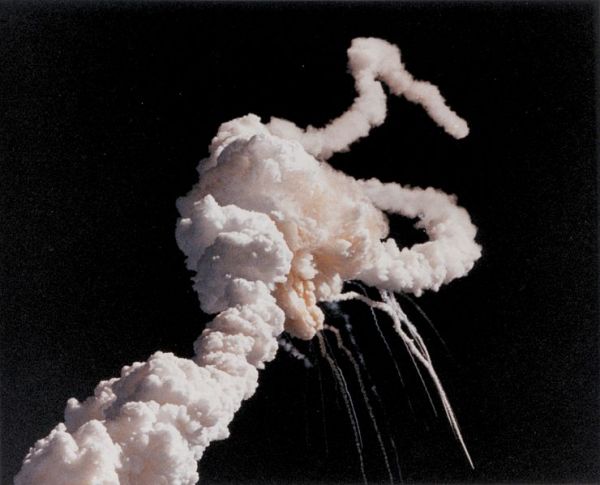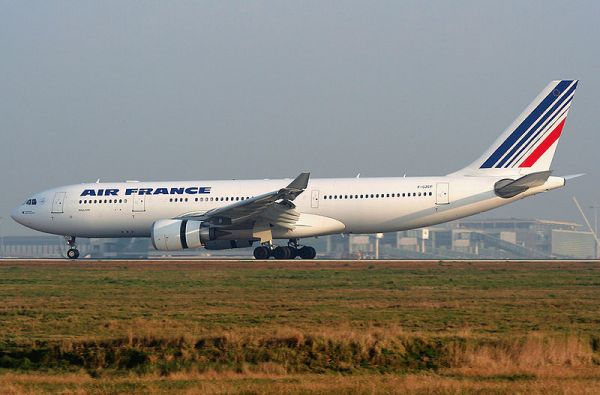
We tend to think of being very sleepy as, well, just being very sleepy. But if you’re in a position of serious responsibility—really bad things can happen. Here are a few examples.
1. SPACE SHUTTLE CHALLENGER

Disaster: On January 28, 1986, the NASA space shuttle Challenger exploded 73 seconds after taking off from Cape Canaveral, Florida, killing all seven crew members on board.
Sleep Deprivation: The night before the disaster, NASA officials held a conference call with officials from Morton Thiakol, the company that designed the shuttle’s rocket boosters. One of Thiakol’s engineers recommended canceling the launch, due to the cold weather forecast for the next day, telling NASA officials that cold temperatures could adversely affect equipment in the boosters—which could cause an explosion. NASA declined to cancel the launch. An investigation into the disaster found that it was indeed caused by the cold weather. The investigation also found that sleep deprivation, caused by a culture of overwork at NASA, played a critical role in the decision by the managers to ignore the engineer’s advice: two of the top managers involved in the conference call had been awake for 23 hours straight at the time of the call, and they had slept for only three hours the previous day. “The willingness of NASA employees in general to work excessive hours, while admirable,” the official report into the disaster said, “raises serious questions when it jeopardizes job performance, particularly when critical management decisions are at stake.”
2. AIR FRANCE FLIGHT 447

(Image credit: Pawel Kierzkowski)
Disaster: On June 1, 2009, during a flight from Rio de Janeiro, Brazil, to Paris, France, Air France 447 crashed into the Atlantic Ocean, killing all 228 people on board.
Sleep Deprivation: Captain Marc Dubois, 58, the pilot on the flight with the most experience by far, had just one hour of sleep the night before. “I didn’t sleep enough last night,” he can be heard saying early in the flight on the plane’s cockpit voice recorder (which wasn’t recovered until May 2011). “One hour, it’s not enough.” And when his two younger copilots encountered trouble about three hours into the flight, Dubois was asleep in a bunk located just behind the cockpit. It was, it must be noted, a scheduled nap, because all pilots on especially long flights are required to take naps. But when the copilots started experiencing problems—including “STALL!” warnings blaring in the cockpit—and called for Dubois on the plane’s intercom, it took Dubois more than a minute to respond. And when he finally did get to the cockpit, he seemed confused and failed to take control of the situation, which a pilot of his experience should have been able to do. (The least experienced of the copilots, for example, was pulling back on the control stick during the ordeal—the exact opposite of what’s supposed to be done during a stall.) The plane crashed into the ocean less than three minutes after Dubois got to the cockpit. The time it took him to respond to the calls for help, and his…
The post 5 Sleep-Deprived Disasters appeared first on FeedBox.